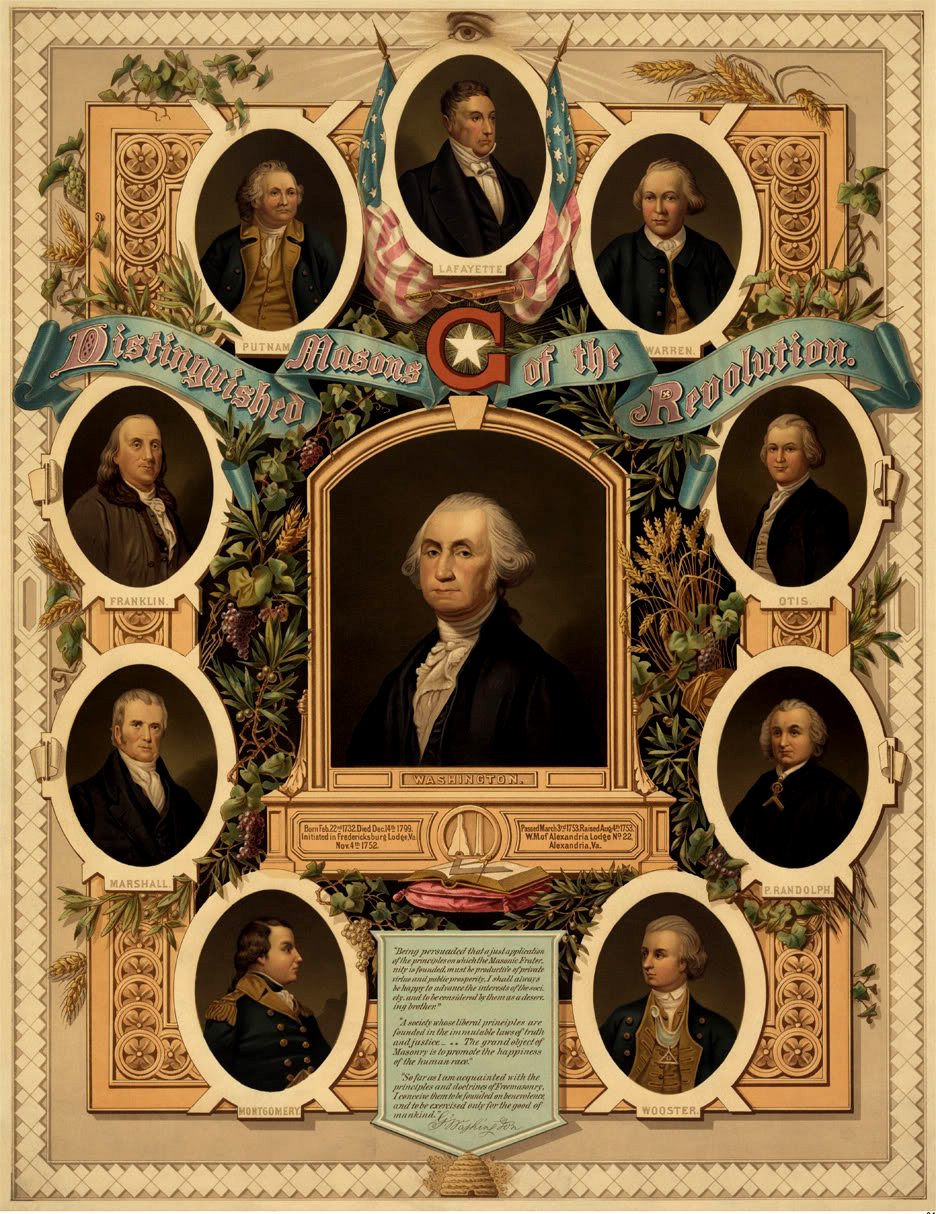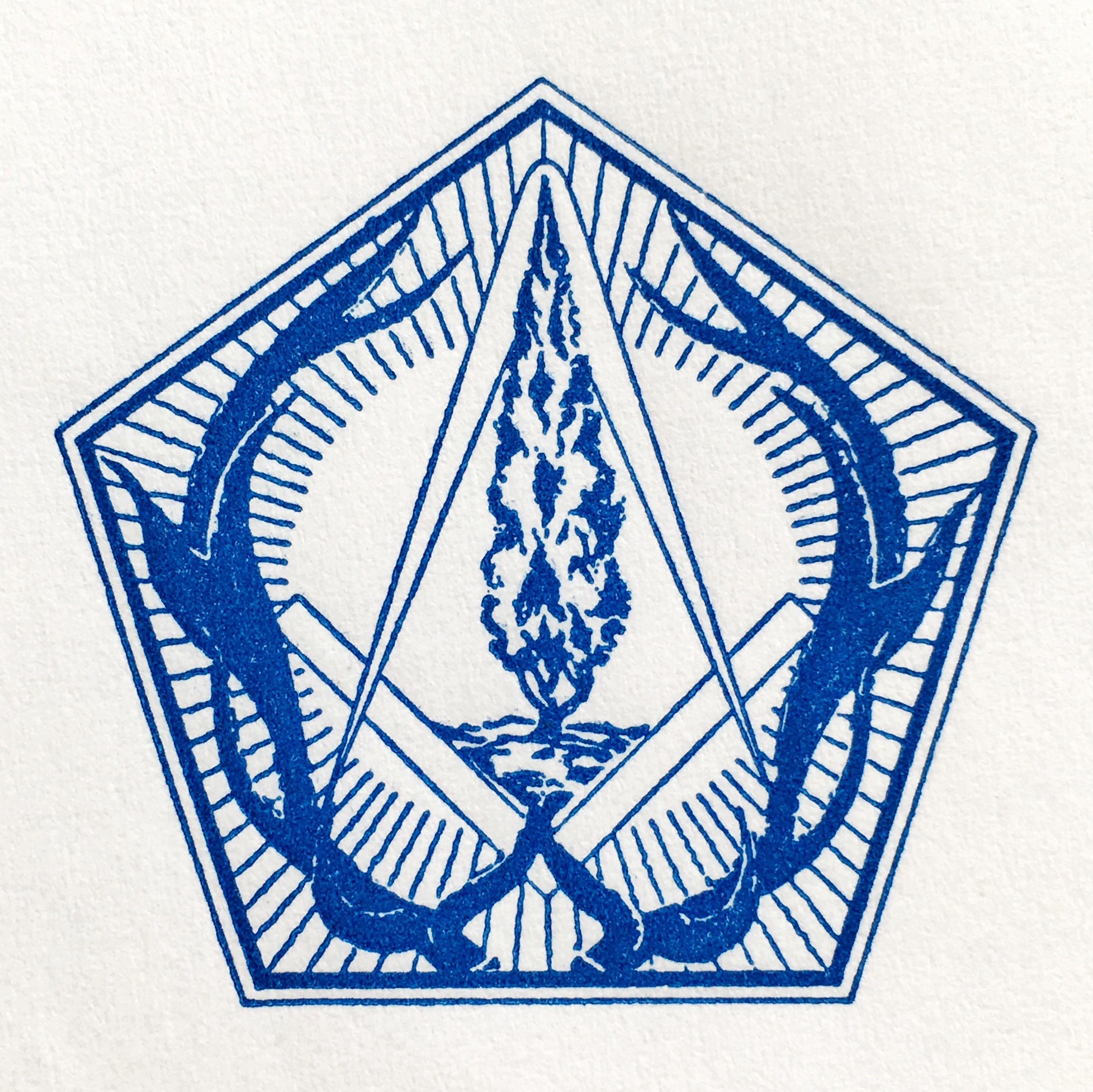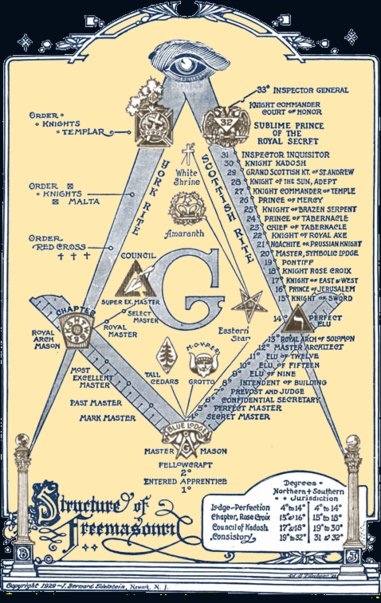FactGrid:The Global Genealogy of Lodges
More than 2000 data sets to cope withThe sources — so far a predominantly German pictureFactGrid is most certainly the best resource on the Illuminati — the secret "Order" founded by Adam Weishaupt in 1776. With the data which we could bring together form different research projects we received information about a 100 late-18th-century lodges of the German speaking territories. This is not surprising — Weishaupt's Anti-Rosicrucian secret Order had, after all, transformed itself in the late 1770s into a Masonic high-grade system in order to infiltrate lodges and through them Masonic networks. A second wave of lodges came into the FactGrid with the first GND test input: 803 in total, again mostly of the former German speaking territories. Our present map gives the picture with the shadow of history: The former German territories in modern Poland had complex Masonic network. Most of the information on our Data records is GND information designed to merely identify lodges. Research will ask questions like:
For some 600 Lodges we can give the links to the former archives now lodged in the Prussian Privy State Archives, Berlin. Information on some 500 Grand Lodges came into the compound from the Wikipedia List of Grand Lodges with additional knowledge about external affiliations. All these data can be edited by anyone with an account. First SearchesThe data sets of all all the lodges on FactGrid can be grabbed with these links:
The data set of Gotha's lodge gives a pattern of in depth information we can give with more research: But the The Global Genealogy of Lodges would demand a far wider perspective — a perspective which one would match with the genealogy of degrees, rites and systems that developed in this spread. We are here only at the beginning. It would take more than a team to get the bigger picture — it would take a joint venture of lodges and lodge archives to provide the wider picture of the historical network that is here going back into the early 18th century. People involvedReinhard Markner
Markus Meumann
Martin Mulsow
Claus OberhauserAndreas ÖnnerforsRóbert Péter
Helmut Reinalter
Stefan Sarrach
Christine Schaubs
Olaf Simons
Josef Wäges
Christian Wirkner
Data languageLinks
|









